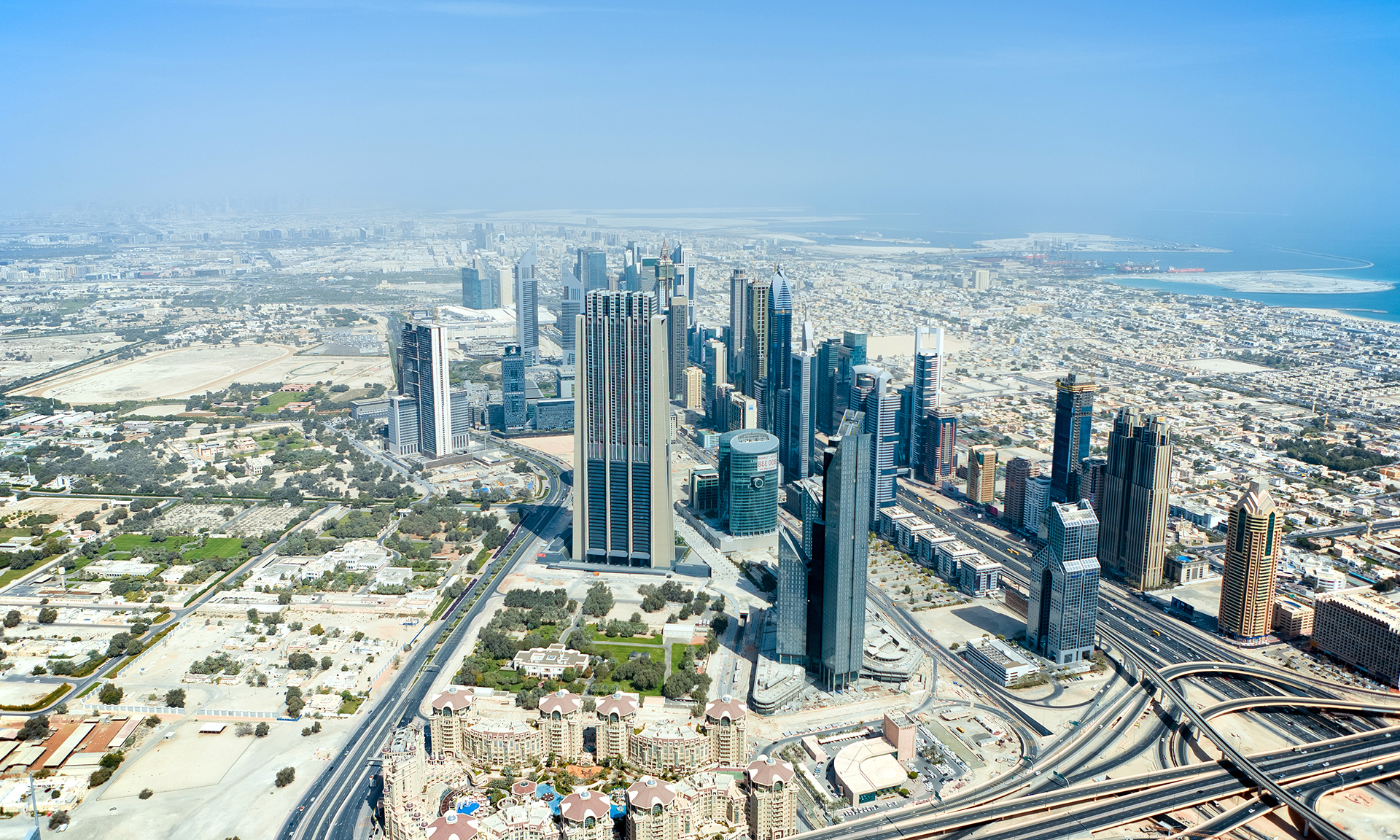Overview
Universally recognised as overly complicated, Family Offices are run for many generations and greatly influenced by family dynamics and numerous business ventures, local and global investments, International business structures, trusts, foundations, real estate and other assets giving rise to a great number of complexities.
With time, family offices expand due to increasing numbers of beneficiaries through inheritances and the new and younger entrants bring in a plethora of conflicts of interests. Unless effective corporate governance is put in place, future decision making processes and maintaining harmony within the family becomes extremely difficult for a long and successful family business.
Corporate structures for family offices are often tailor-made as there is no single fit for the purpose that can control and manage these entities, ensure family unity in diversity and comply with all Family office regulations in UAE.
What is Corporate Governance?
Corporate governance is defined as a set of rules, regulations, policies and procedures that controls, directs and guides a business entity for balancing the interests of all the stakeholders including the community and the government as a whole. In the context of family offices, it governs every aspect of managing family affairs be it an investment, charity, business diversification, personal maintenance etc.
Though informal governance is sometimes practised for smaller family offices such as board meetings convened out of board rooms, well documented governing arrangements must be implemented for bigger family offices to effectively address the complex decision-making processes. As a family business grows, well-documented policies and procedures become inevitable to ward off family conflicts and navigate through unprecedented emergencies.
Why is good governance indispensable for UAE family offices?
Lack of transparent, ethical and well-accepted decisions can have serious consequences on a family business with growing conflicts and distrusts amongst family members and many lost business opportunities. A robust governing mechanism headed by a professionally credible board of directors can only make such decisions and steer clear of all family conflicts during major and bold moves in acquisitions, investments and other strategic issues.
A well established 4 P governing system encompassing people, process, performance and purpose can aid in achieving the following
Effective Conflict Resolution
Conflicts and disputes in family office environments emerge due to many reasons including differences in values, poor communications and interactions, poor performance, opposing interests, scarcity of resources, and personality differences and requires the management to timely and rapidly intervene before the conflicts can jeopardize the mission and objectives of UAE company incorporation.
A consensus-oriented responsive corporate governance with dispute resolution mechanisms and procedures can help the management eliminate conflicts to a great extent through improved communication, interaction and exchange of ideas and perspectives. The success of family offices is most often determined by the effectiveness of corporate governance and conflict management systems establishing a balance of interests of various stakeholders.
Smooth Succession Planning
For the preservation of family wealth, smooth and effective succession planning is crucial. However, it poses several challenges to family offices and is time-consuming considering the long time taken to strategize and formulate handing over the decision-making responsibility from a founder to the next generation. Most of the founders believe in short term fixes and prefer to keep the decision making process with themselves and are reluctant to transfer the power.
Good governance can instill business culture and promote values amongst the family members that help them understand the long term business goals and the necessity for the participation of the younger generation as early as possible facilitating smooth succession planning.
Reduced Risks of Fraudulent and Unethical Practices
Improved Financial Performance
Good governance promotes the financial performance of family offices as it encourages systematic and strategic investment plans depending on the need and preferences and avoids adhocism. Fundraising also becomes easier for a business set up in Dubai when well-governed and in compliance with every law and regulation of the Emirates.
Business Continuity
What are the attributes of well-governed family offices in the UAE?
Following are some attributes of well-governed family offices
- A shared vision, mission and goal are most important for family offices for implementing major decisions eliminating conflicts and randomly taken decisions by the founder.
- A tailor-made governing framework must be designed, developed and implemented as every family office is unique with varying objectives and scope.
- An environment of open and transparent communications comes first even when the best governance system is implemented as disputes and conflicts can not be ruled out completely. An accommodative and participative policy fosters easy and effective communication and helps avoid pent up ill feelings and personality clashes.
- A review mechanism must be in place to evaluate continuing suitability of the governance system for meeting the shared vision, mission and goal of family offices.
- A resilient and flexible governance structure can help family offices in times of unforeseen circumstances without any serious adverse effects on business performance and sustainability.
- A technology-driven governance structure can facilitate risk management, easy and interrupted communication amongst family members and fast decision making backed by information and data.























